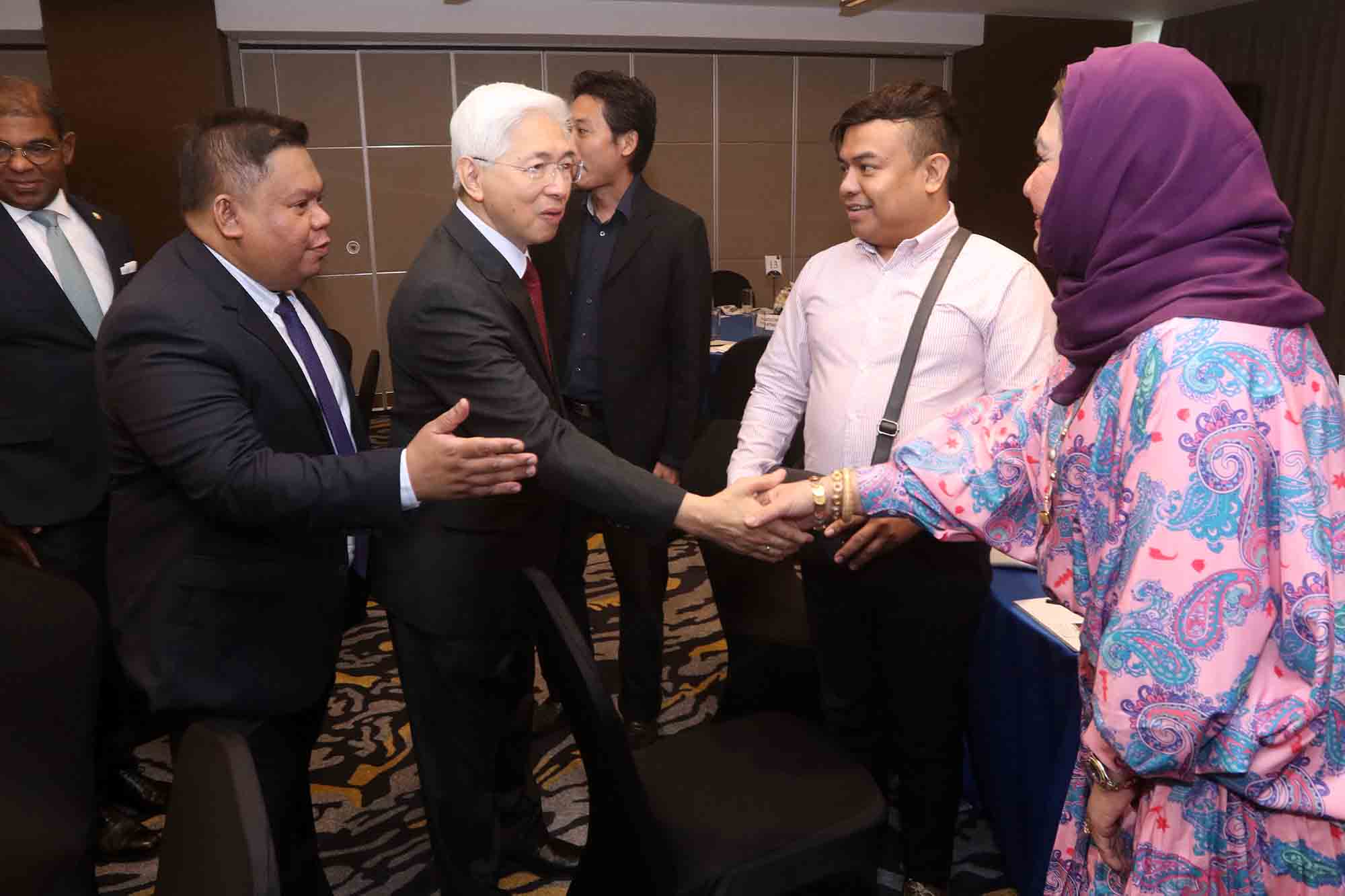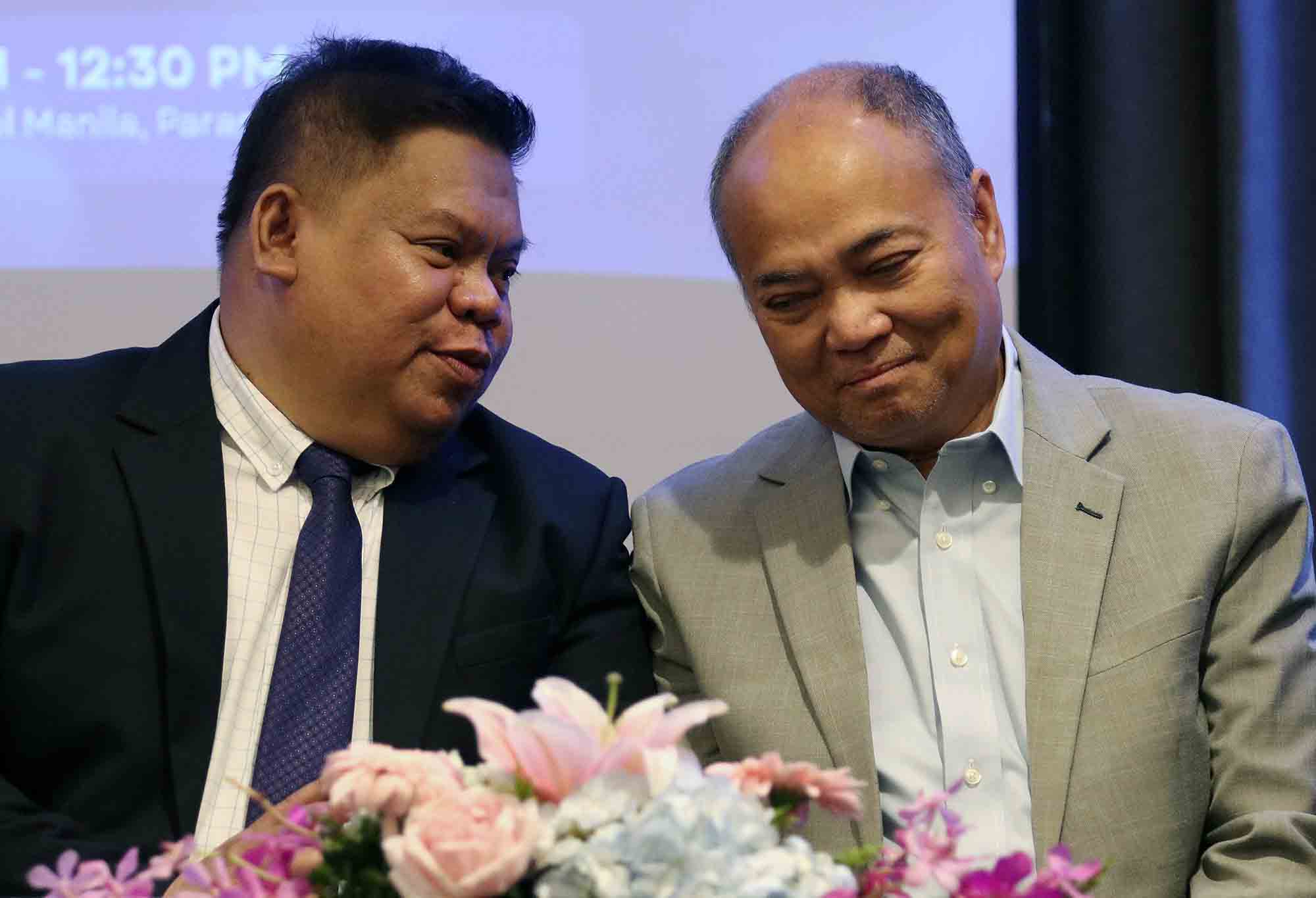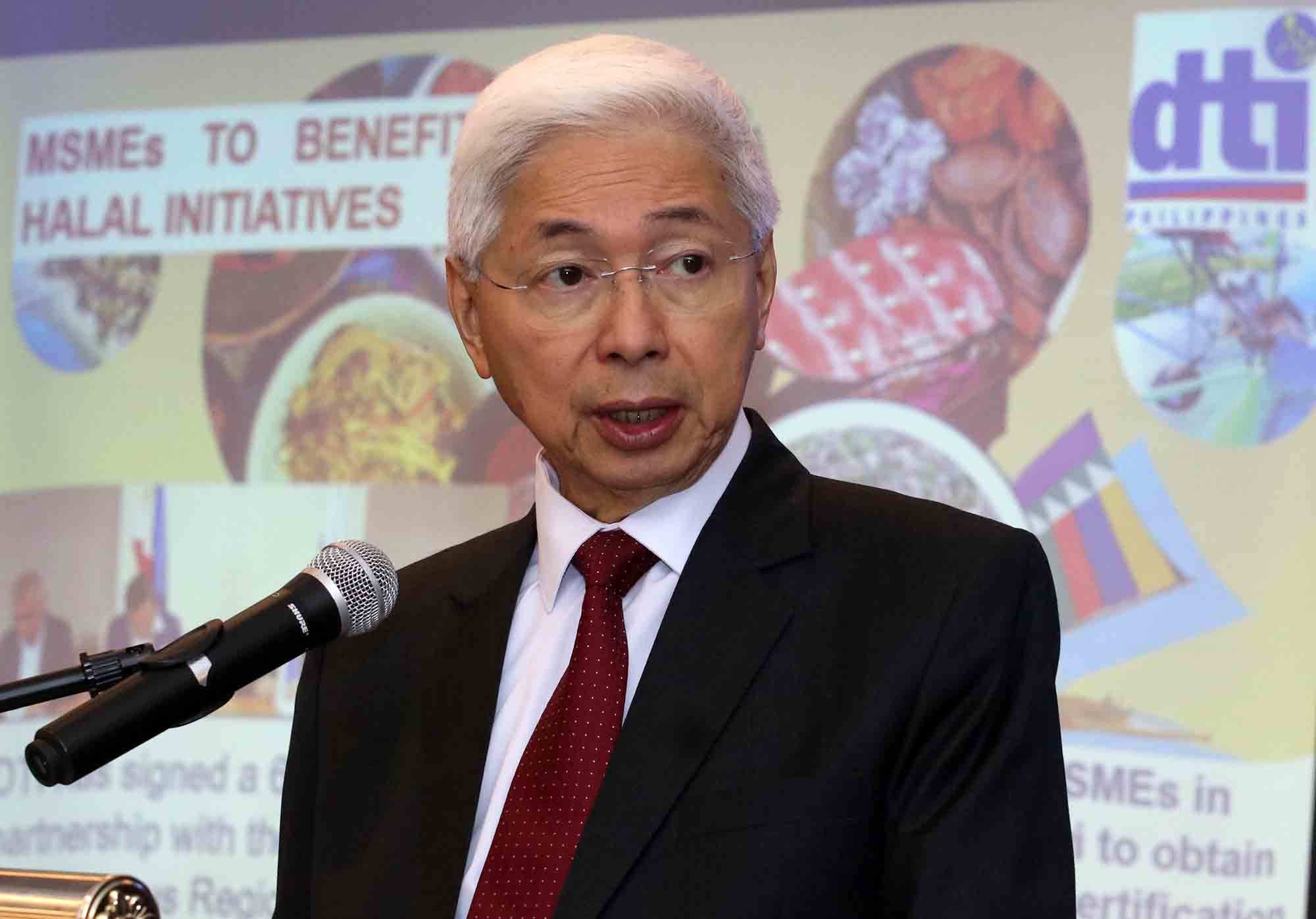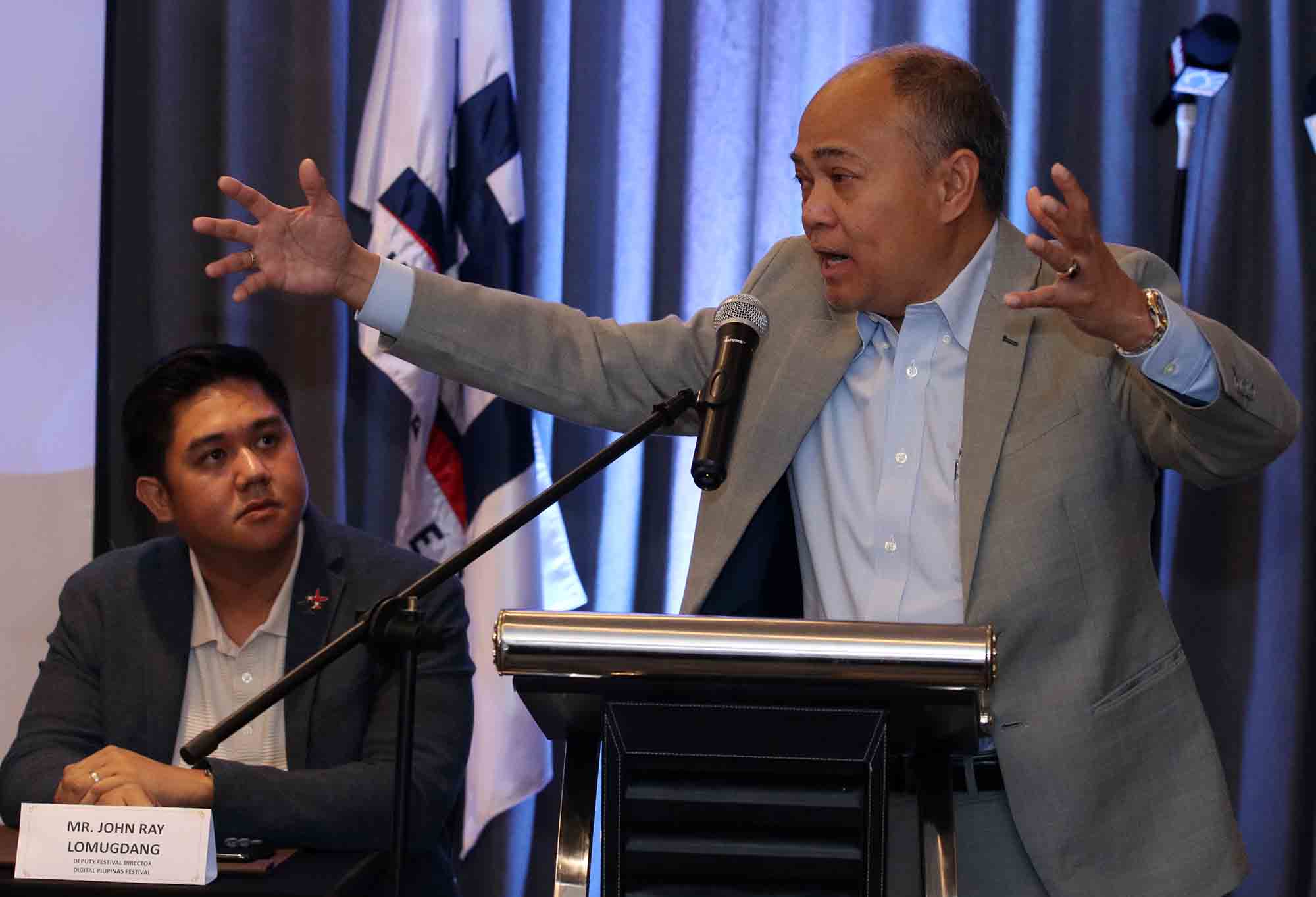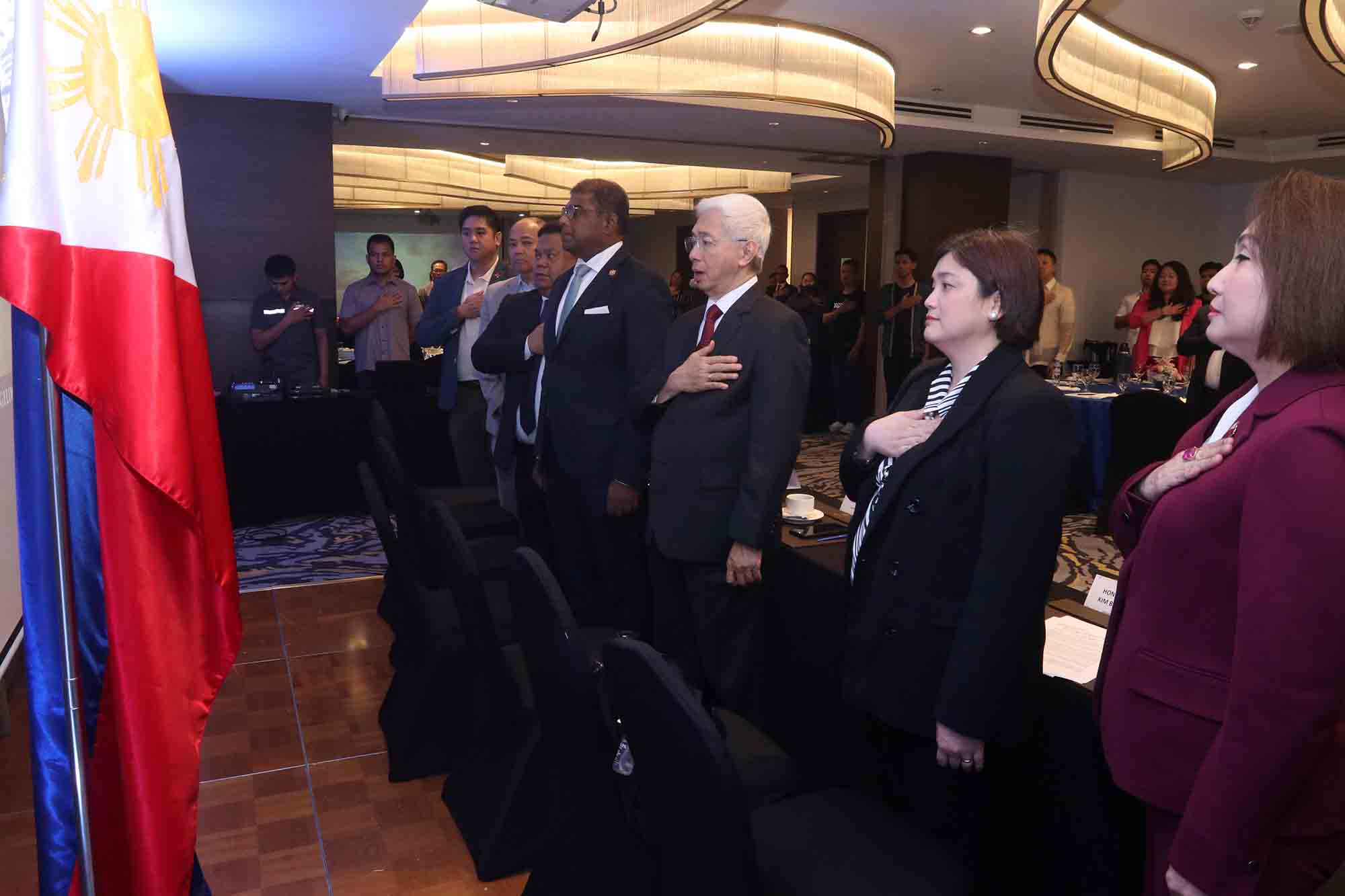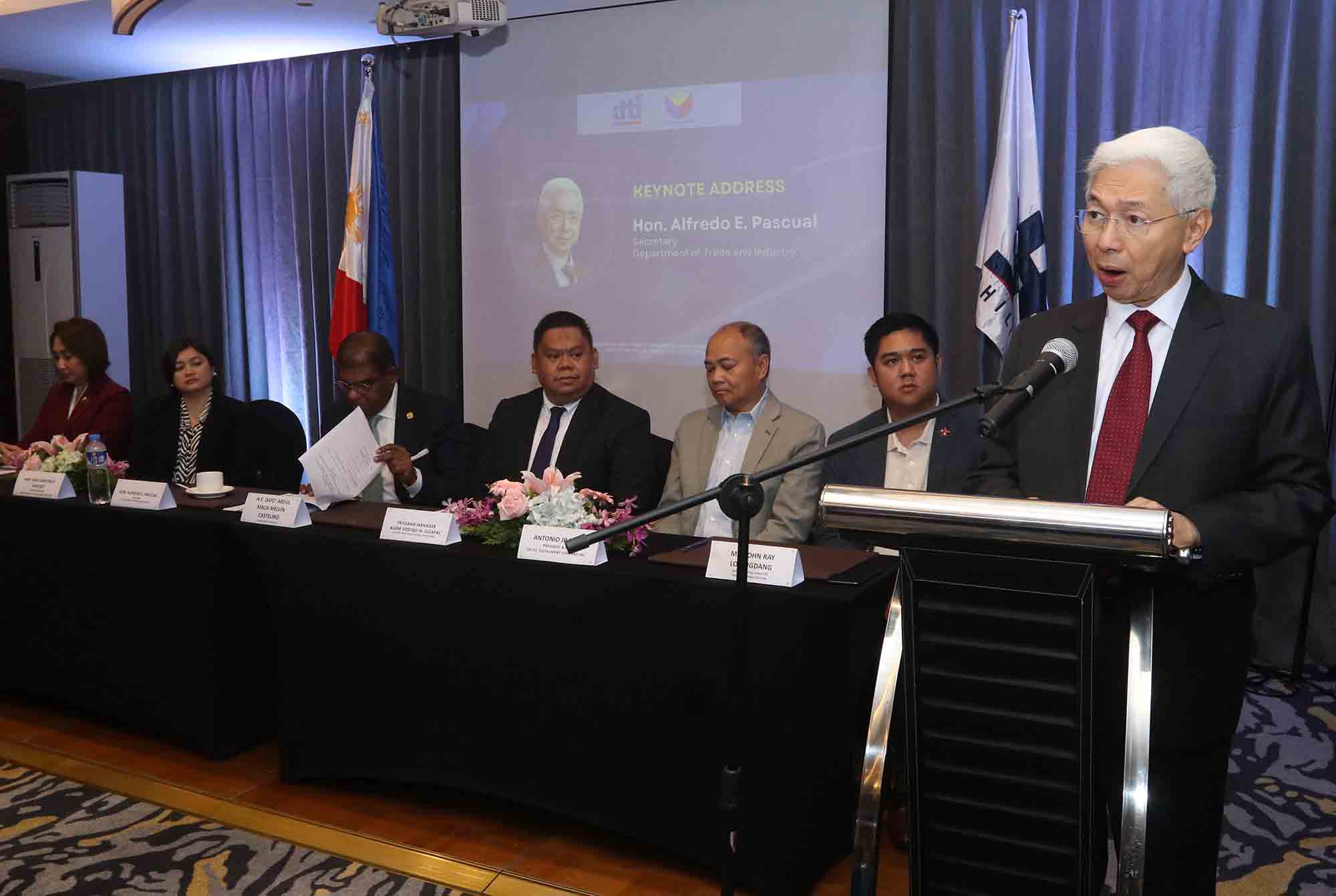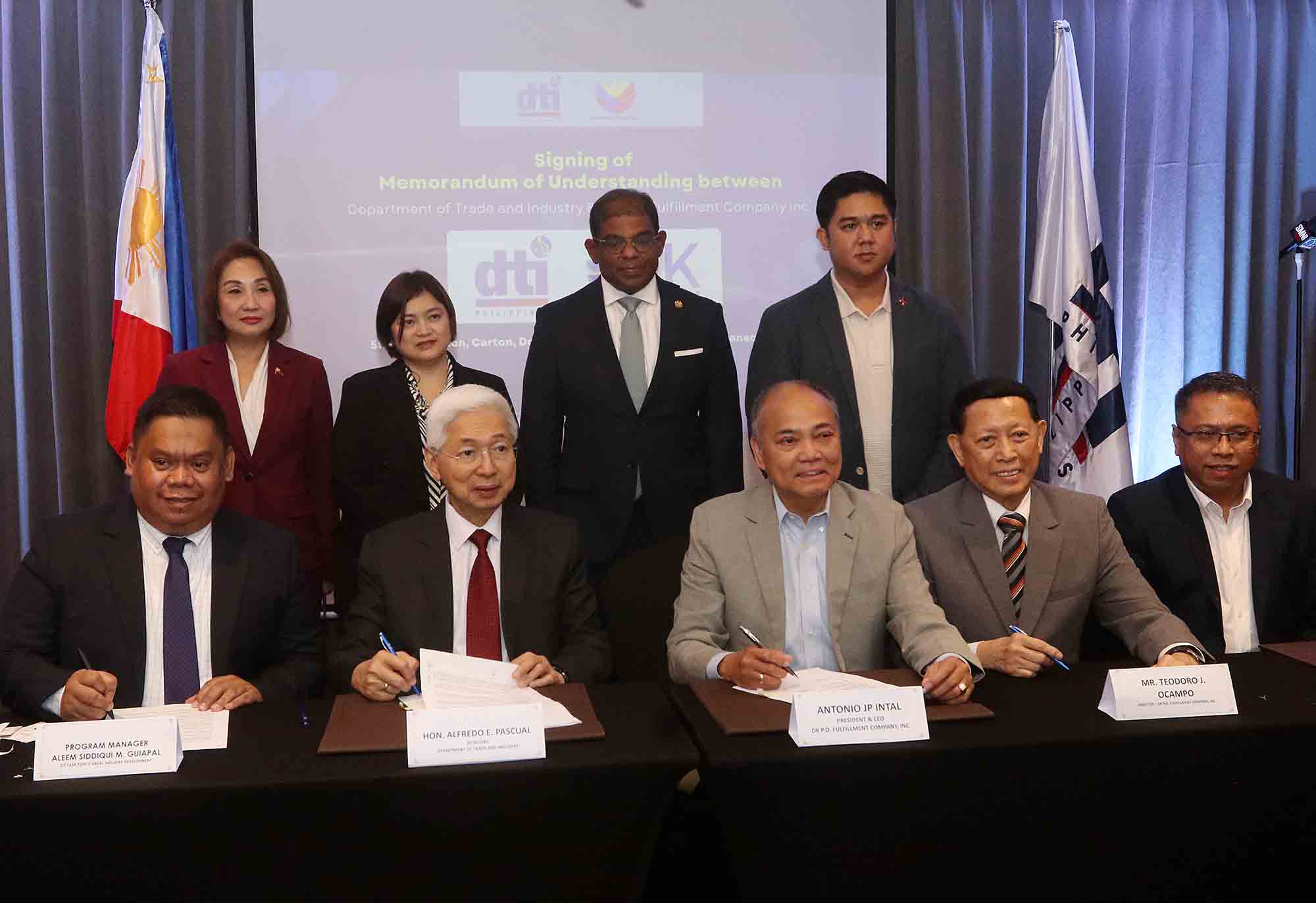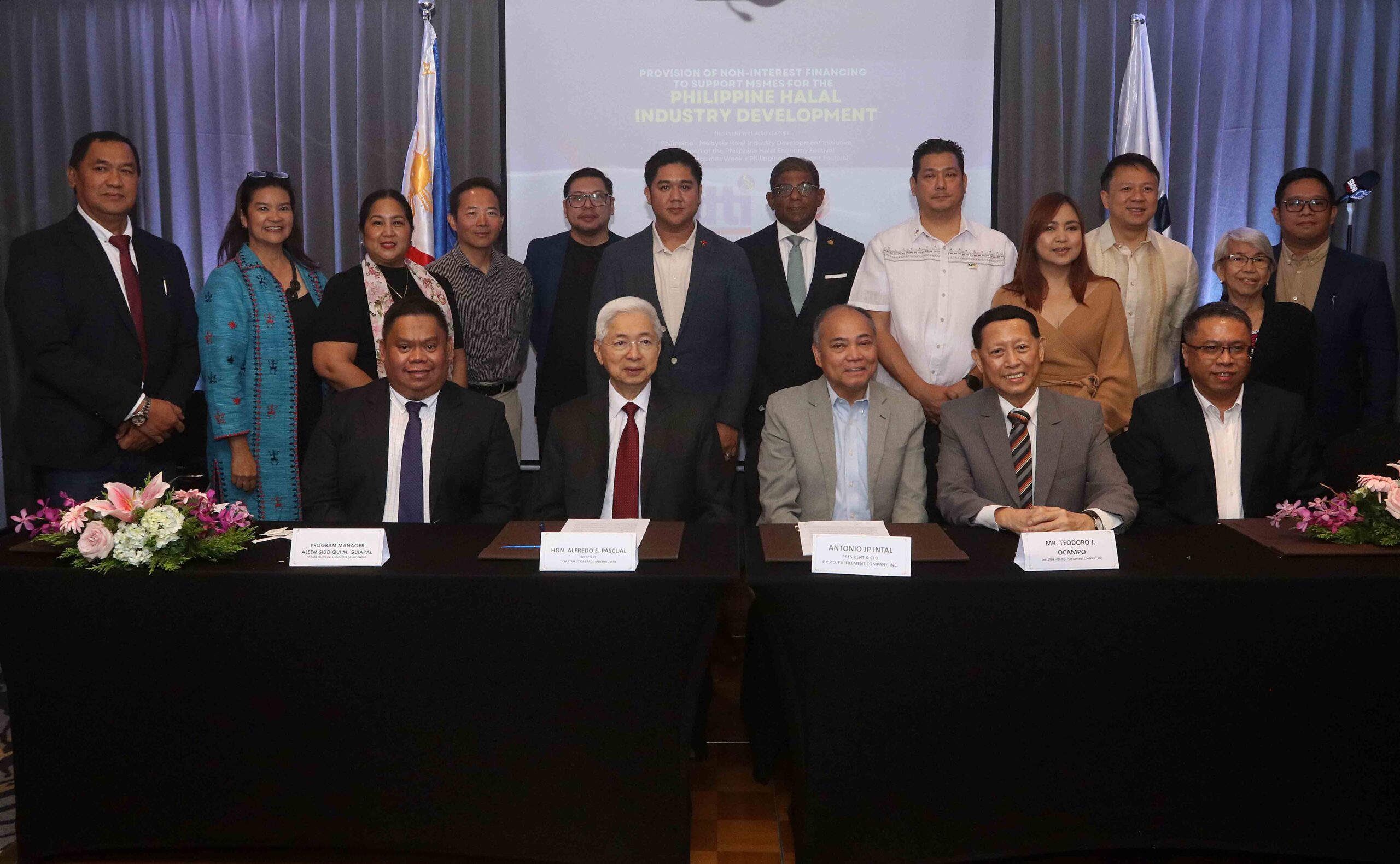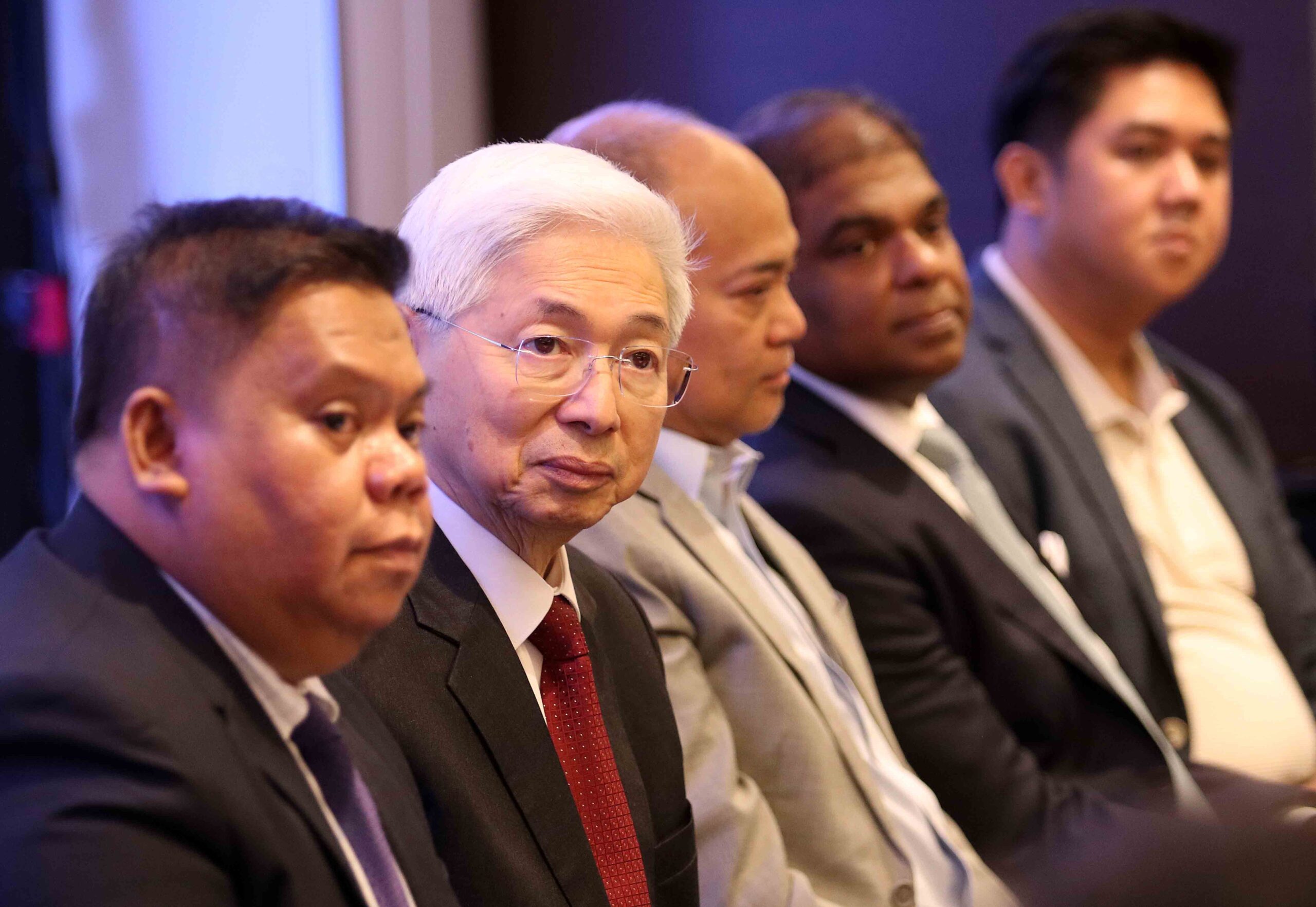The Department of Trade and Industry (DTI) is actively encouraging micro, small, and medium enterprises (MSMEs) to explore opportunities within the vast halal industry. To facilitate this, they are streamlining access to both halal certification and Islamic financing.
During the launch of the Halal Economy Festival and Investment Philippines Week in Parañaque City, DTI Secretary Alfredo Pascual emphasized the agency’s immediate initiatives in the halal industry. Their primary focus is to motivate MSMEs to obtain halal certification for their products and services, with an aim to cater to the continuously expanding global Muslim population, estimated to be 1.9 billion.
Secretary Pascual outlined plans to establish several certifying bodies in collaboration with existing institutions in countries such as Malaysia. The intention is to adopt their best practices, thereby ensuring alignment with international standards.
According to Mary Jane Alvero-Al Mahdi, the Chief Executive Officer of the United Arab Emirates-based halal-certifying body Prime Group, there are presently nine local halal-certifying bodies in the Philippines. The Prime Group stands as the sole recognized certifying body in the Middle East, providing an added market advantage through its halal seal.
DTI Task Force Halal Industry Development’s Aleem Siddiqui Guiapal highlighted the significance of the halal seal, particularly in the East Asia, Pacific, and MENA regions, where it is a prerequisite in several markets.
In a bid to support the Philippines’ halal industry, Malaysian Ambassador to the Philippines Dato Abdul Malik Castelino expressed Malaysia’s commitment to collaborating with the DTI and other relevant stakeholders. They plan to develop a Halal Industry Masterplan to complement the Philippines’ existing development strategies, extending their initiatives up to 2030.
Earlier, Secretary Pascual stated that the DTI aims to generate PHP230 billion in halal trade and investments over the next five years, with an expected 120,000 job opportunities to be created as a result.
In terms of financing, Secretary Pascual signed a memorandum of understanding (MOU) with DK P.O. Financing Co., Inc. (DKPOFCI) to facilitate purchase order-based financing, in accordance with Islamic principles that prohibit interest-based financing. DKPOFCI operates under a business model similar to Islamic funding, where they share in the profits of the enterprises through an “excess opportunity sharing program,” rather than earning interest on loans.
Currently, the scope of the MOU includes financing for MSMEs in various aspects such as logistics management, quality control and inspection, customs brokerage, insurance, and global sourcing and procurement.